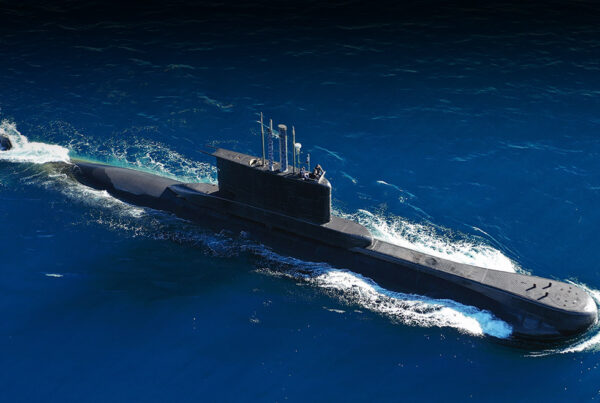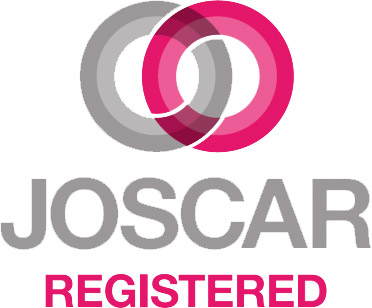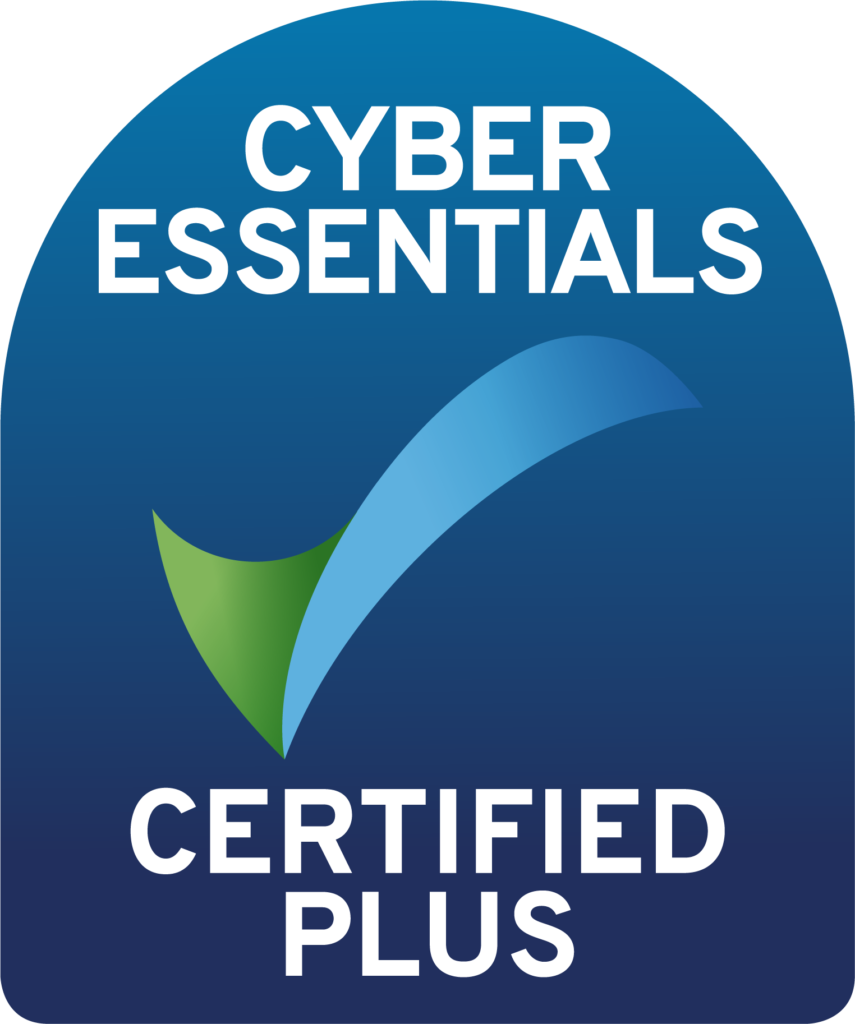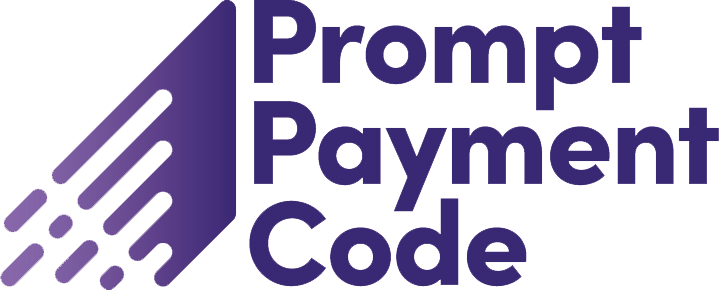The culmination to my recent Australia trip was attending and speaking at the Project and Program Management Symposium (PGCS) in Canberra. The keynote presentation by Chris Deeble highlighted the importance of managing risk to deliver on project and program promises.
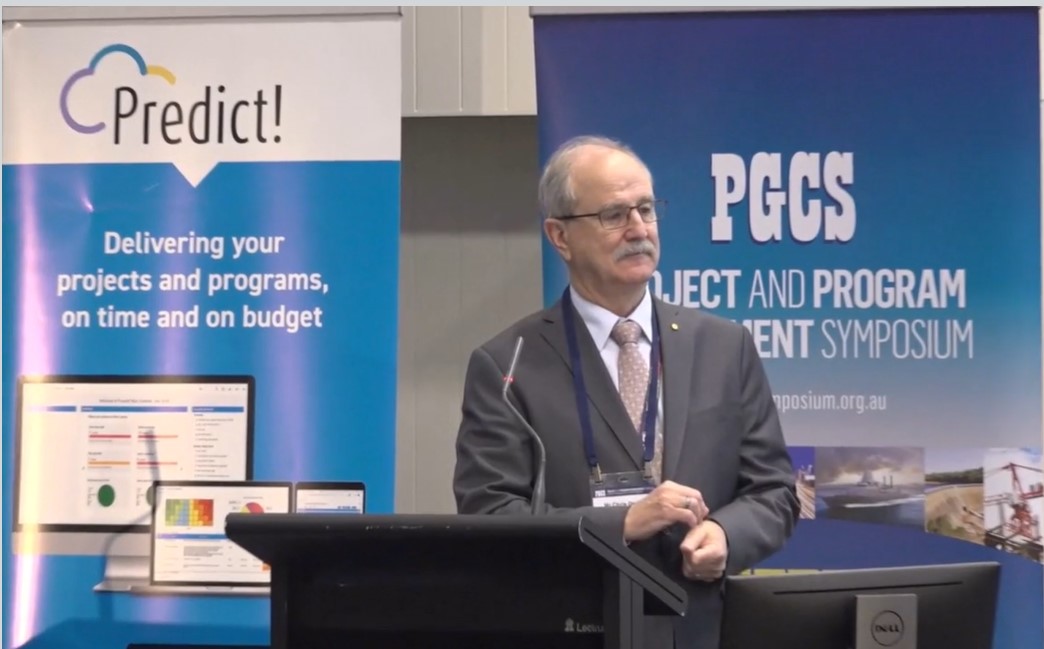
The 3-day PGCS event started with an excellent keynote by Chris Deeble. The Deputy Secretary of the Capability Acquisition and Sustainment Group gave an overview of the CASG 2.0 “time for a change” initiative. His “delivering on our promises” presentation included the focus on speed to capability. Of particular interest to me was the need to start early on risk (pre gate zero) with a risk mitigation period between decision gates zero and one, to create a holistic strategy & an executable business case.
The Deputy Secretary (DepSec) was clear about his objectives relating to risk. Getting people to use tools to be smart, referencing Predict!, he stressed the need to think about risk on a daily rather than a monthly basis. To keep risks and actions updated. And importantly, going beyond risks and issues to proactively seek opportunities. Underpinning this is the need to get the business case right, with baselines linked to strategy. The only reason to change a baseline is to mitigate risk or exploit opportunities. The DepSec wants project teams to place issue, risk and opportunity discussions high up the meeting agenda, to establish the opening position, expecting this to become a mindset rather than a “turn the handle” approach.
Another DepSec key takeaway was the need to understand schedule risk and doing business around the p80 to achieve milestones. By fixing cost and schedule, you make capability the independent variable. The aim is to achieve delivery of minimal viable product, then iterate to an objective level of capability over time.
CASG 2.0 includes a focus on Partnering with industry for success. The DepSec’s industry experience provides an excellent platform for strengthening the collaborative relationship for mutual benefit, a key part of the strategy. A joined-up approach to understanding, communicating and managing risk is fundamental to on-time, on-budget delivery and maintenance of mission critical defence equipment.
The DepSec rounded off with some thoughts on governance, leadership and independent assurance. He recognised the Australian National Audit Office (ANAO) role in auditing against what you say you will do and the importance of working out what can be done with the resources in hand.
All of this led neatly into my presentation linking Leadership and Governance. I provided a practical perspective on how today’s volatile environment requires an increasingly agile, far sighted and risk-intelligent leadership approach to governance. A whole team approach where everyone feels they have a hand on the steering wheel, driving success.
Risk leadership starts with mindset and the PGCS keynote definitely hit the mark. Whether you are managing mini- or mega- projects and programmes, tackling risk at operational, strategic or business level, or understanding risk across your enterprise, you need to start from the outset. Managing your risks using Predict! Risk Controller as a central repository for swift and auditable decision-making reaps dividends. This risk intelligent approach sets you up for success.
Val Jonas, CEO Risk Decisions Group
Further reading: Risk Intelligence for thought leaders | White Paper


